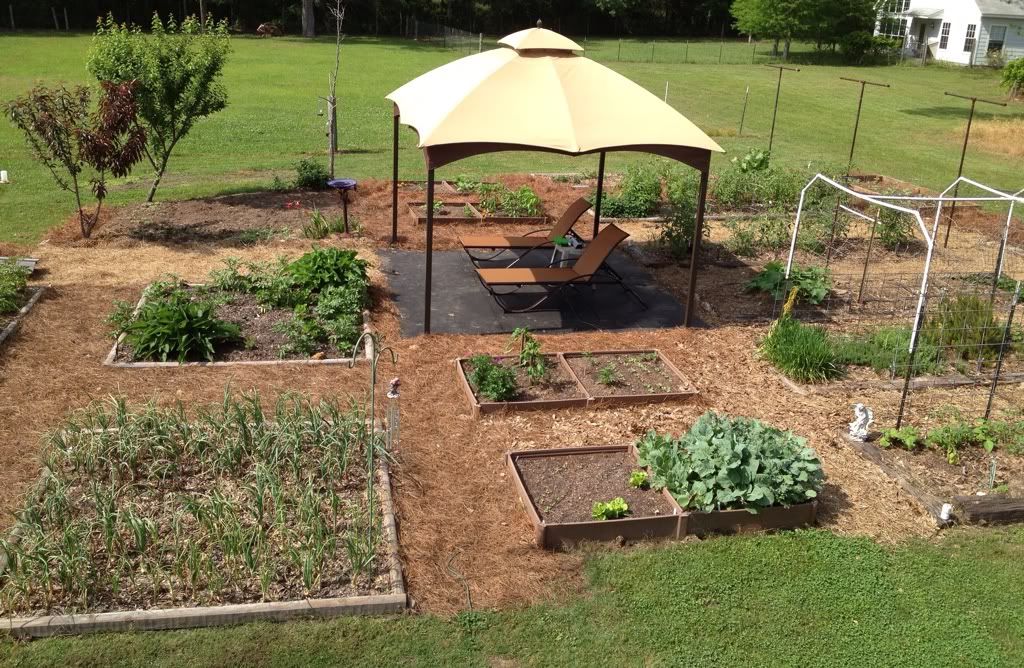Post by Christine on Dec 21, 2008 6:37:30 GMT -5
As many of you know, I went through a mini disaster when a nasty ice storm felled trees and power lines in my area, causing a six day electrical outage.
During this period, I found that three missing things made life extremely difficult:
Heat.
Running water.
Hot showers.
Although I missed them, I found that I could live pretty well without electric lights, Internet, or TV. My propane stove (which can go a month on a tank of gas) gave me the ability to cook in a normal fashion.
Here is my question: In the case of an extended disaster where utilities go out for a month, how do I provide these three things?
Some random thoughts:
I live in a very small house. Space is at an absolute premium, and there's no room for a wood stove. Would it make sense to put in a flue, and a fireproof area, and store the wood stove down in the basement? When power goes out, I could move furniture, and install the stove to keep warm.
If something nasty happens, it's possible that gasoline or diesel will be unavailable. How then do you run a generator if you choose this solution to provide the three aforementioned things?
Our well is 300 feet deep, and the pump sits at the bottom of the well. There's no way that I can replace the electrical pump with a manual one. There are brooks and ponds near my house. If there's no gasoline though, how do you transport enough water (60 gal a day) to keep the stock hydrated?
On the human needs side, NASA astronauts use 3 gallons of water each day. The average American uses 35 - 50 gallons. Assuming that a person can survive comfortably on 5 gallons per day, I need 150 gallons of water to make it through the month. This could easily be provided by getting 3 - 4 pickle barrels, and rigging them up to a foot pump that moves the water from the basement into the kitchen sink. This will not support the animals though.
Does it make sense to build a disaster shelter along the lines of a small, Tumbleweed house? www.tumbleweedhouses.com? This would provide a small space that could be heated with a tiny, boat furnace, and could provide kitchen, living and sleeping space in an easy to move package. Negatives include cost - a tiny house could cost $20,000 to build if you do the work yourself. This is not in the budget.
I'm not a paranoid type, but I seriously believe that we need to be prepared for a situation where utilities, and civilized resources (grocery stores, Wal Marts, gasoline, propane and medical care) is disrupted for at least a month. Right now, I'm not prepared for this kind of eventuality.
I'd like to hear other member's thoughts and ideas on this topic.
Thanks
Kip
During this period, I found that three missing things made life extremely difficult:
Heat.
Running water.
Hot showers.
Although I missed them, I found that I could live pretty well without electric lights, Internet, or TV. My propane stove (which can go a month on a tank of gas) gave me the ability to cook in a normal fashion.
Here is my question: In the case of an extended disaster where utilities go out for a month, how do I provide these three things?
Some random thoughts:
I live in a very small house. Space is at an absolute premium, and there's no room for a wood stove. Would it make sense to put in a flue, and a fireproof area, and store the wood stove down in the basement? When power goes out, I could move furniture, and install the stove to keep warm.
If something nasty happens, it's possible that gasoline or diesel will be unavailable. How then do you run a generator if you choose this solution to provide the three aforementioned things?
Our well is 300 feet deep, and the pump sits at the bottom of the well. There's no way that I can replace the electrical pump with a manual one. There are brooks and ponds near my house. If there's no gasoline though, how do you transport enough water (60 gal a day) to keep the stock hydrated?
On the human needs side, NASA astronauts use 3 gallons of water each day. The average American uses 35 - 50 gallons. Assuming that a person can survive comfortably on 5 gallons per day, I need 150 gallons of water to make it through the month. This could easily be provided by getting 3 - 4 pickle barrels, and rigging them up to a foot pump that moves the water from the basement into the kitchen sink. This will not support the animals though.
Does it make sense to build a disaster shelter along the lines of a small, Tumbleweed house? www.tumbleweedhouses.com? This would provide a small space that could be heated with a tiny, boat furnace, and could provide kitchen, living and sleeping space in an easy to move package. Negatives include cost - a tiny house could cost $20,000 to build if you do the work yourself. This is not in the budget.
I'm not a paranoid type, but I seriously believe that we need to be prepared for a situation where utilities, and civilized resources (grocery stores, Wal Marts, gasoline, propane and medical care) is disrupted for at least a month. Right now, I'm not prepared for this kind of eventuality.
I'd like to hear other member's thoughts and ideas on this topic.
Thanks
Kip










